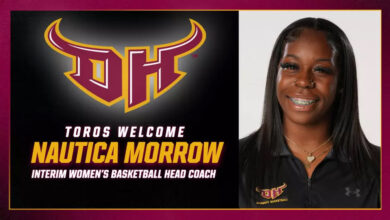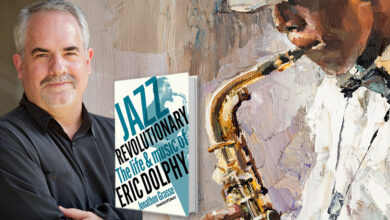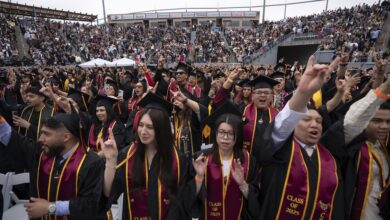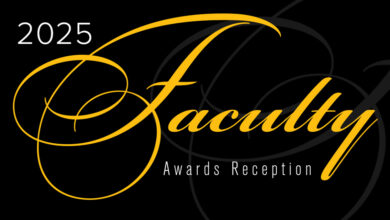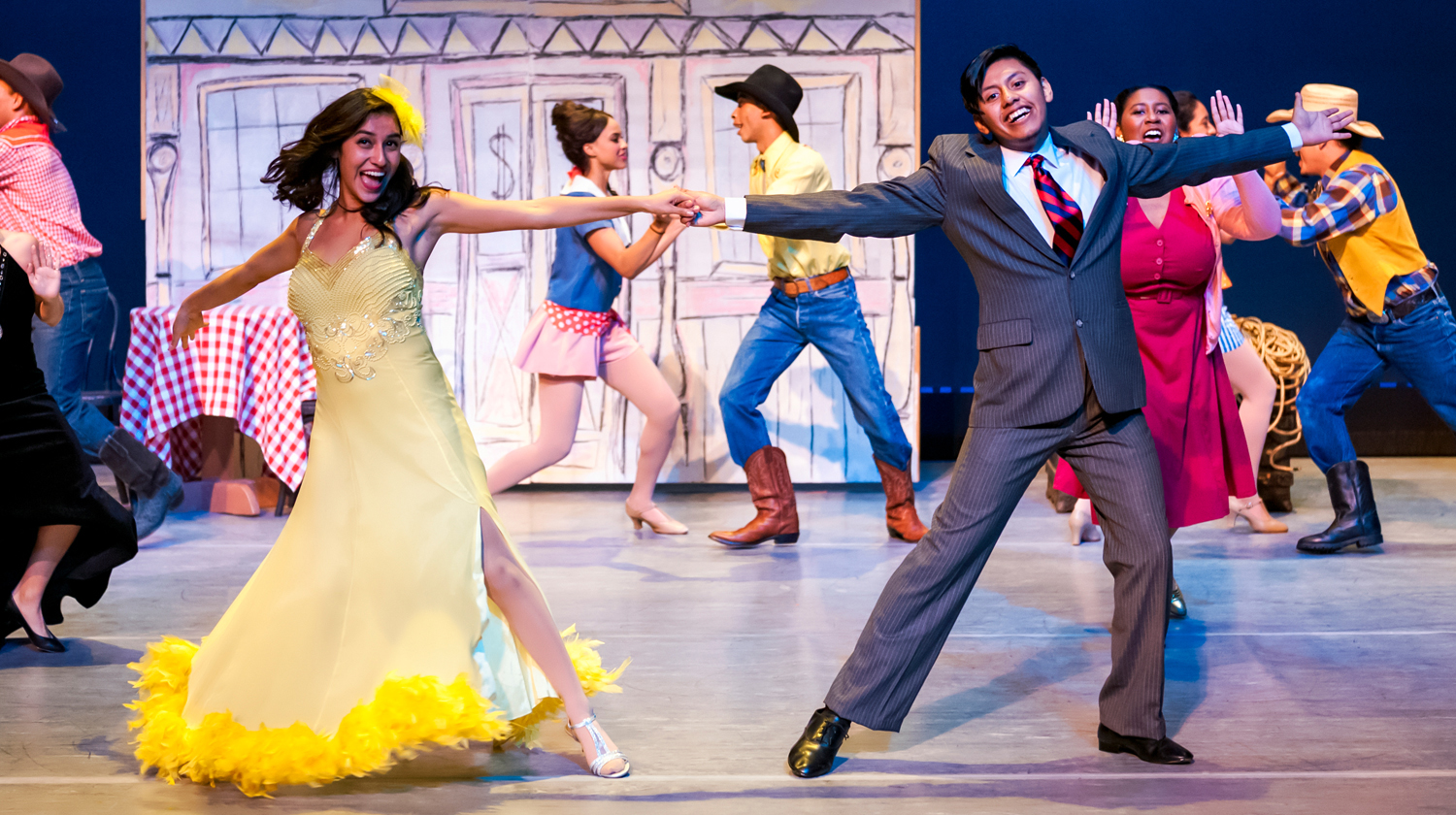 California State University, Dominguez Hills (CSUDH) received a double shot of exciting news recently, when it was announced that two Toro students have been awarded prestigious Graduate Research Fellowships from the National Science Foundation (NSF). Sahara Vilchis and Elijah Arzate will both be able to pursue original graduate research projects thanks to the NSF award.
California State University, Dominguez Hills (CSUDH) received a double shot of exciting news recently, when it was announced that two Toro students have been awarded prestigious Graduate Research Fellowships from the National Science Foundation (NSF). Sahara Vilchis and Elijah Arzate will both be able to pursue original graduate research projects thanks to the NSF award.
Vilchis, a senior anthropology major, won the award for a research proposal focused on obesity and diabetes in indigenous communities. Having worked in a field school in Guatemala through the CSUDH Study Abroad program, Vilchis found that “there was a lot of distrust between the indigenous people and the scientific community. I want to help mend that relationship by bringing them in as collaborators rather than test subjects.”
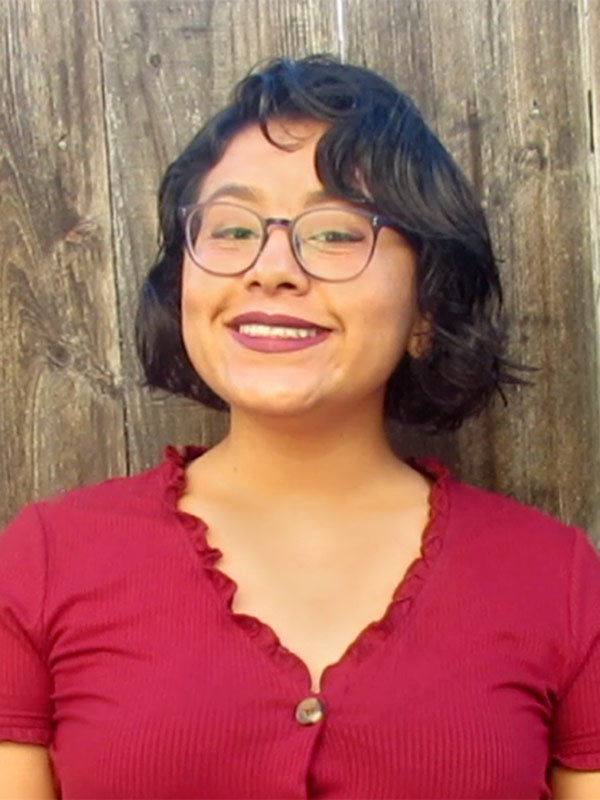
Working with anthropology professor Sarah Lacy, Vilchis developed her proposal to study how microbiomes of indigenous peoples are affected by migration. “Food access is a lot more difficult in the U.S.” says Vilchis. “People tend to change their diets to what’s more accessible. I wanted to see if this caused microbiotic changes in the gut, and if the population becomes more susceptible to obesity because of this.”
“I am so glad the NSF decided to reward Sahara for all her hard work,” says professor Lacy. “It can be hard for CSUDH students to compete with students from big research institutions, who have no other obligations. But Sahara is a master of time allocation. As a single mom, she needs to make sure she uses her time wisely, and she always does. She is amazing, and exactly the kind of student we need to support.”
Arzate’s winning research proposal focuses on social media, specifically how YouTube provides a safe space for “DIY therapy” among transgender people. “As an LBGT person myself, I’ve seen the lack of health resources for transgender people,” says Arzate, a senior psychology major. “Social media has really become the way to obtain the sense of community that trans people don’t typically have.”
Arzate has been working with his mentor, psychology professor Heather Butler, in the Applied Psychology and Law (APPL) lab for the past two years. He also got help preparing his proposal from criminal justice professor Jennifer Sumner, with whom he worked on a related social media project.
“Elijah is a brilliant student,” says Butler. “He’s studying something that doesn’t get a lot of attention, and his research spans psychology, sociology, anthropology, and even criminal justice.
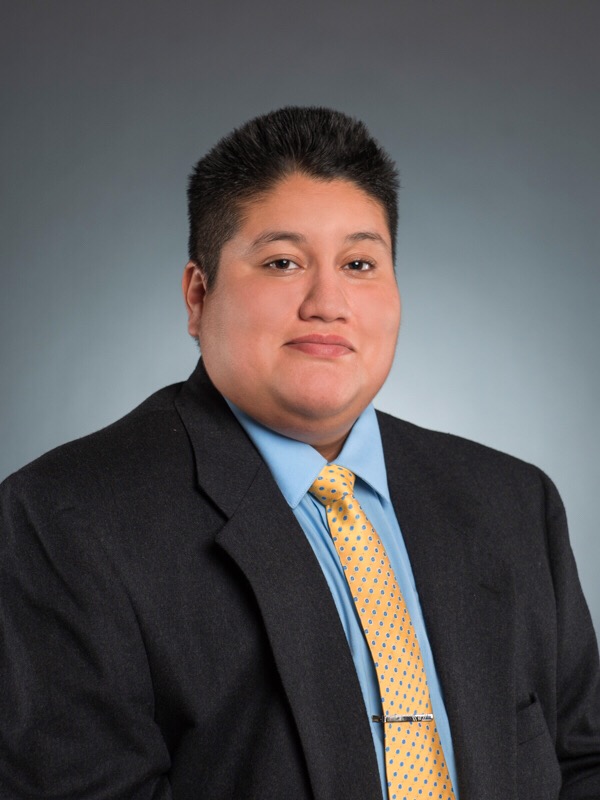
“Elijah has a very strong social justice orientation,” adds Butler. “That’s at the heart of all his decisions about what research to pursue. His NSF proposal reflects that, and is 100 percent a result of his thoughts and research on the subject.”
Only about 2,000 fellowships are awarded each year, and it is among the most sought-after in the nation for students eager to conduct graduate-level research. The program supports outstanding graduate students in science, technology, engineering, and mathematics who are pursuing advanced degrees, providing an annual research stipend for three years, as well as funds for graduate school tuition and fees.
Winning the fellowship also opens doors to research and professional development opportunities that are invaluable to an up-and-coming scientist. It is rare for students outside of major Research 1 (R1) universities to win NSF fellowships, so two CSUDH students winning in the same year is an unprecedented accomplishment.
“We’re all really proud of what Sahara and Elijah have accomplished,” says Terry McGlynn, director of undergraduate research. “Having two students win this major award is a real indicator of the quality of the research being conducted at CSUDH.”
The students are also understandably excited about winning the fellowships. “I’m a first-generation undergraduate student, so this means a lot,” says Vilchis, who will be starting graduate school at the University of Illinois, Urbana-Champaign, in the fall. “I’m also a woman of color, and the fact that I got this fellowship makes me feel really proud of myself. There aren’t a lot of us in the sciences. I was just telling Elijah – we did really well!”



